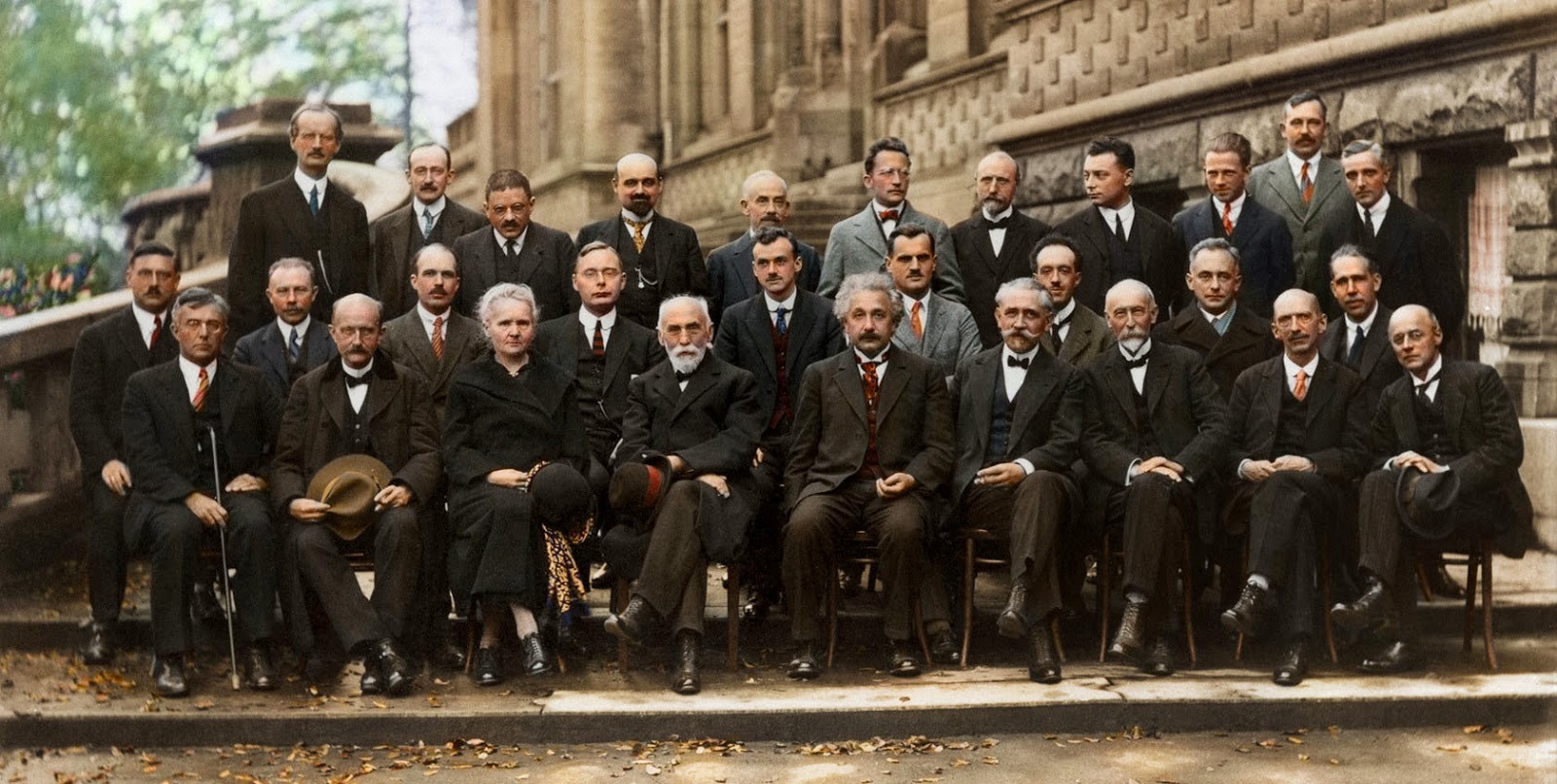While I cannot speak to the Egyptian's general knowledge, I can speak with respect to their mathematical accomplishments (having studied mathematical history as part of a mathematics degree) and say that from this perspective the bolded is just not accurate. The Egyptians had a mathematical system and did have some notable accomplishments; particularly, they were aware of how to find the root of linear equations and quadratic equations, and had a very limited understanding of how to solve certain geometric problems. While in a modern form these are relatively trivial problems, ancient civilisations had to deal with an incredibly inefficient numeration system (both in representation, and 'missing' numbers, for example typically only expressing unit fractions except, oddly, for two-thirds), an unwillingness to deal with certain numbers (e.g. the concept of a 'negative' number), and not being able to do symbolic mathematics. Their solutions to these problems were not 'proofs' but were instead demonstrating an algorithmic approach to solving problems by demonstrating a number of examples.
The Greeks, however, were not only substantially more adept in mathematics, but their work has laid the cornerstone of the development of mathematics as we know it today. Importantly, the Greeks were incredibly knowledgeable of the difference between approximating something and proving something, and it's largely due to the Greeks that we owe this contribution. Although the Egyptians (and Babylonians) may have had an awareness of certain results prior to the Greeks, the Greeks were able to actually prove the truth of the statement rather than to simply demonstrate a heuristic approach to problems. Although it's not clear what the first proof actually was, mathematicians such as Thales, Eudoxus, and Pythagorus are all known (via historical documents) to have been able to demonstrate 'proofs'. The "Theorem of Thales" serves as an early example of a result we know was capable of being proven by the Greeks. The problems the Greeks encountered, and their incredibly clever solutions to these problems, are considerably more advanced than the mathematics of most Ancient Civilisations. The Greeks were aware of the difficulties which arose when working with infinitesimals and infinity, and developed many clever approaches to resolve these. The Greeks' discovery of incommensurable magnitudes (the Pythagoreans initially believed the magnitudes of any two line segments numbers could be written as the integer multiple of some unit until one of them proved that in fact this is not the case, it is suspected by proving the irrationality of the square root of two) and Eudoxus's solution of how to resolve this with the theory of proportions is surprisingly close (considering the development of mathematics at the time) to how real numbers are (or rather, can be) considered via Dedekind Cuts today and shows a clear sophistication which was (as far as we are aware) simply not present in Egyptian mathematics.
The most clear demonstration of the sophistication of the Greeks over any preceding (or indeed many civilisations later than them) civilisation is Euclid's "The Elements". Not only was their sophistication in realising the necessity of certain axioms to avoid the problem of infinite descent in creating definitions (even if, from a modern perspective, his definitions aren't truly definitions) and proving results, but it contributes not only a great deal of geometric results but also a lot of number theoretic results too (primarily in Books 7 to 9 which contain not only the Euclidean algorithm which is still used today to find the greatest common divisors of two numbers, and his proof of the infinitude of primes [knowledgeable of the issues infinity brings and skeptical of it, he phrases this by stating the number of primes exceeds any given magnitude] still cited as one the best and slickest examples of a mathematical proof). The structure of The Elements was designed to introduce axioms (at the beginning), and then introduce definitions, and begin stating and immediately proving results using only the axioms and what has been proven before to justify each step of the proof of a result. This text was absolutely crucial in guiding mathematics, and was even up to the 20th century, the book from which all would begin the study of mathematics due to its incredible structure and foresight. The sophistication of certain arguments, particularly the method of exhaustion (which, loosely speaking, was a way for them to deal with proofs involving limits and convergence) greatly exceeds anything we've seen by the Egyptians to date. Archimedes too had some incredibly deep mathematical results, the significance of which was not known until recent times simply because of the sophistication of the results. In fact, we now know (via private correspondence only discovered in the early 1900s) that he found many of his results by working with infinitesimal magnitudes and infinities but did not publish this at any point because it 'wasn't mathematics' due to the lack of rigour; such manipulations were not done by European mathematicians and in particular physicists until the 16th and 17th century as Calculus began to be developed). His working with these infinitesimals, over a thousand years before others began to develop calculus or consider the manipulation of infinitesimals, alone puts Greek mathematics at a much more advanced state than the Egyptians or earlier civilisations.
Even considering only their development of mathematics, let alone their development in other areas, it is absolutely not true that the Greeks stole all of their intellectual accomplishments from Egypt; in mathematics alone, their accomplishments cannot be understated.


.jpg)
